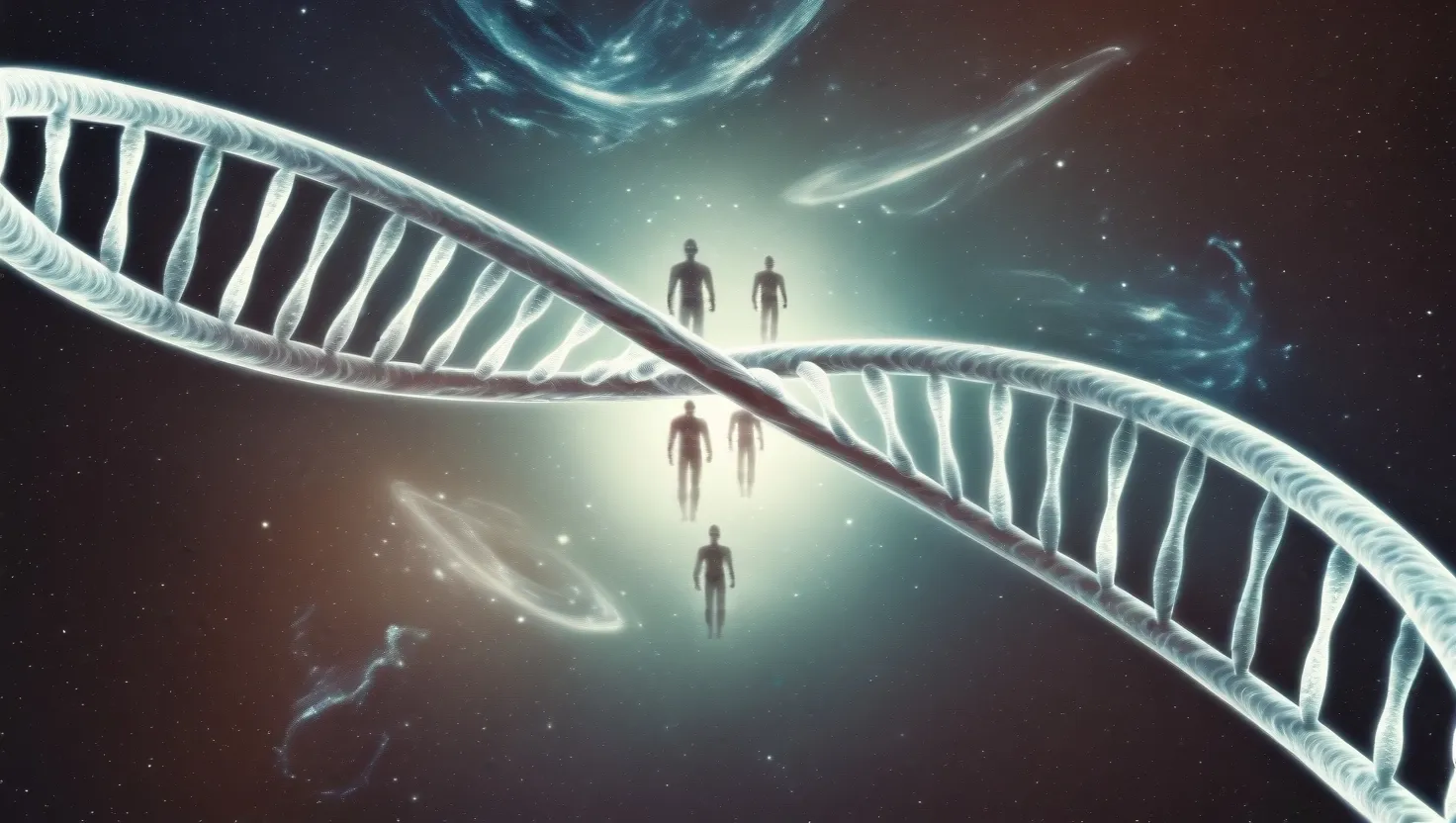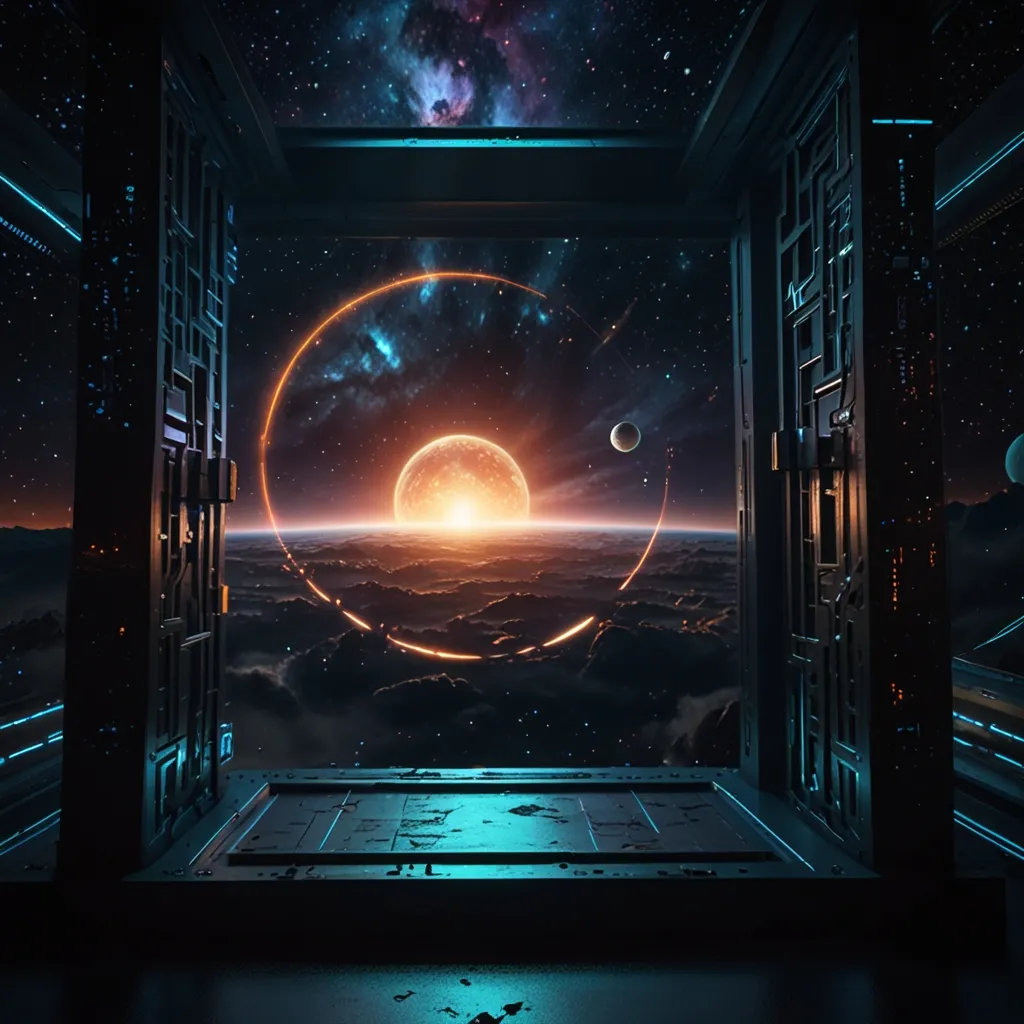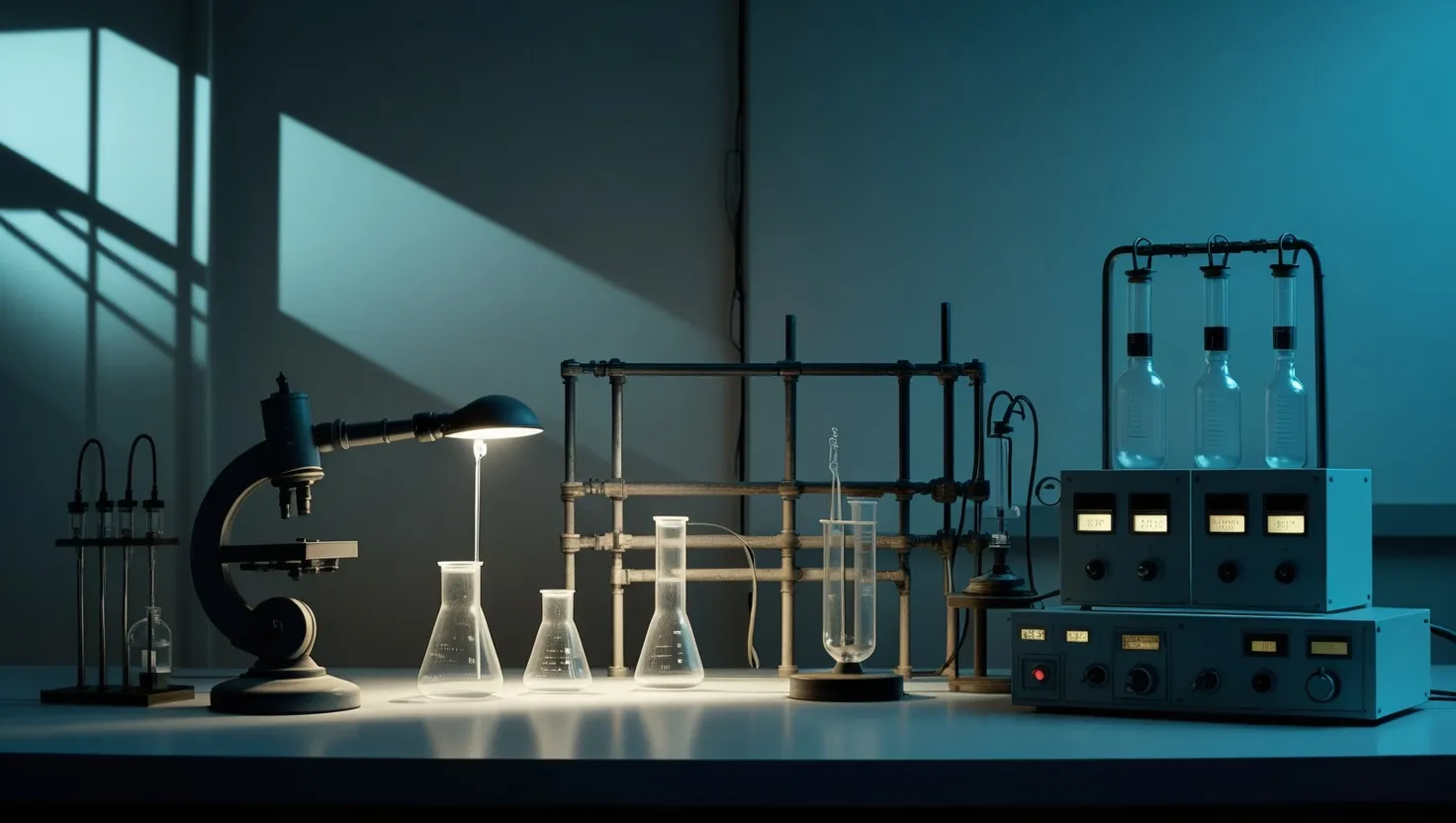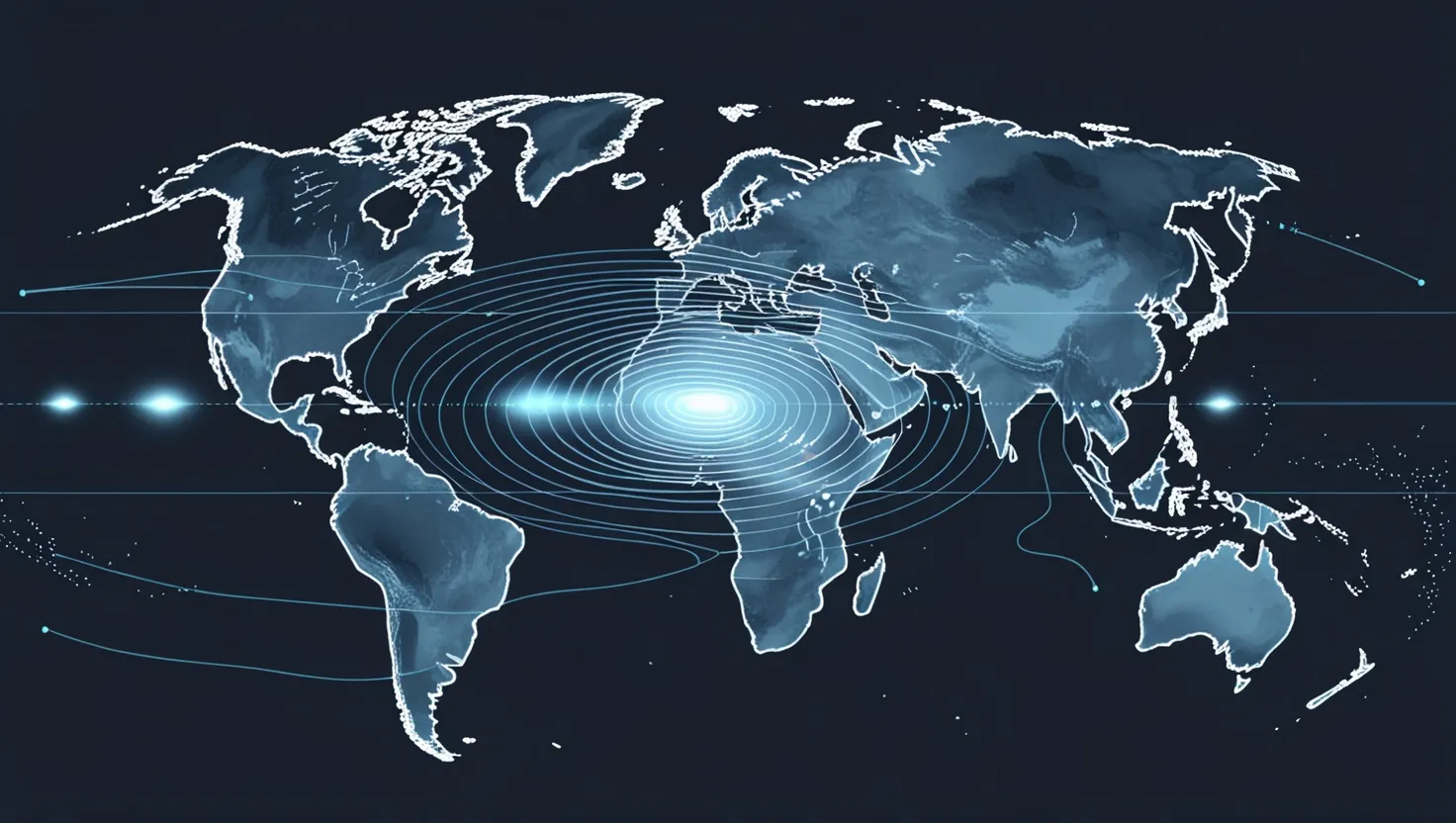Imagine a world where the memories and experiences of your parallel selves could be embedded in your DNA, influencing your life in ways both subtle and profound. This mind-bending concept, while still largely speculative, delves into the intriguing intersection of genetics, quantum physics, and the multiverse theory. Let’s explore this fascinating idea and see where it takes us.
The Multiverse Hypothesis
To begin, we need to understand the multiverse theory. This concept suggests that our universe is just one of many, possibly infinite, parallel universes. Each of these universes could have its own version of history, with every possibility playing out in a separate reality. This idea, first proposed by Hugh Everett in the 1950s, has gained traction among physicists as a way to explain the strange behaviors observed in quantum mechanics.
Quantum Mechanics and DNA
Quantum mechanics, the branch of physics that governs the microscopic world, is known for its bizarre and counterintuitive phenomena. Particles can exist in multiple places at once, and their behavior is described by wave functions that collapse upon observation. What if these quantum effects were not limited to the microscopic scale but could influence larger structures, such as DNA?
DNA, the blueprint of life, is incredibly complex and resilient. It stores genetic information that determines our traits, behaviors, and even some of our memories. But what if DNA could also act as a bridge between parallel universes? This idea might sound like science fiction, but it’s an interesting thought experiment.
Inheriting Memories from Parallel Universes
Consider the phenomenon of déjà vu – that feeling of having experienced a situation before, even if you know you haven’t. Some researchers speculate that this could be a result of quantum interactions between parallel universes. Perhaps, in another universe, you did experience that exact situation, and the memory of it has somehow seeped into your current reality.
Unexplained phobias or savant abilities could also be explained by this theory. Imagine if the skills or fears of your parallel selves were somehow encoded in your DNA, influencing your life in unexpected ways. This raises intriguing questions about the nature of identity and experience.
The Role of Quantum Entanglement
Quantum entanglement, where particles become connected and can affect each other even at vast distances, is another key concept here. If DNA molecules could become entangled across parallel universes, it might allow for the transfer of information between them. This is purely speculative, but it opens up a fascinating realm of possibilities.
For instance, researchers at Brookhaven National Laboratory are working on a quantum enhanced microscope that uses entangled photons to create high-resolution images without damaging the sample. This technology exploits the non-local correlations between photons, a principle that could, in theory, be applied to other forms of matter, including DNA.
Implications and Speculations
If our genes could indeed store information from parallel universes, the implications would be staggering. It could mean that powerful organizations or individuals might be interested in tapping into this quantum inheritance for their own gain. Imagine a world where genetic engineering is not just about altering physical traits but also about accessing the experiences and knowledge of your parallel selves.
This idea also touches on the concept of consciousness and the human soul. Theories by Dr. Stuart Hameroff and Roger Penrose suggest that human consciousness arises from quantum processing in microtubules within brain cells. According to them, when we die, this quantum information does not disappear but continues to exist, potentially explaining near-death experiences and other paranormal phenomena.
Testing the Theory
While this concept is captivating, it remains firmly in the realm of speculation. Proving or disproving it would require significant advancements in our understanding of quantum mechanics and genetics. Physicists like Bill Poirier and Howard Wiseman are working on theories that involve interactions between parallel universes, but these are still in the early stages of development.
Experimental observations are crucial for validating any scientific theory. If we could develop a way to test for the interaction between parallel universes and our DNA, it would be a groundbreaking discovery. However, as of now, we are limited to mathematical models and theoretical frameworks.
Personal Reflections
As I delve into this idea, I find myself pondering the nature of reality and identity. If our memories and experiences could be influenced by parallel universes, it challenges our traditional understanding of who we are. It’s a thought that both excites and unsettles me – the possibility that my life is not just my own but a blend of experiences from countless other versions of myself.
This theory also makes me think about the concept of free will. If our genes are influenced by quantum effects from parallel universes, do we truly have control over our choices and actions? Or are we just living out a script written by the interactions of our parallel selves?
Conclusion
The idea that our DNA might be influenced by quantum effects from parallel universes is a mind-bending concept that blurs the lines between science, philosophy, and speculation. While it is far from being proven, it opens up a fascinating realm of possibilities about the nature of reality, identity, and consciousness.
As we continue to explore the mysteries of quantum mechanics and the multiverse, we may uncover more evidence that supports or refutes this theory. Until then, it remains an intriguing thought experiment that challenges our understanding of the world and our place in it.
In the end, whether or not we are inheriting memories from parallel universes, the journey of exploring this idea is itself a valuable exercise in imagination and scientific curiosity. It reminds us that the boundaries between science and science fiction are often blurred, and sometimes the most extraordinary ideas can lead to the most profound discoveries.






